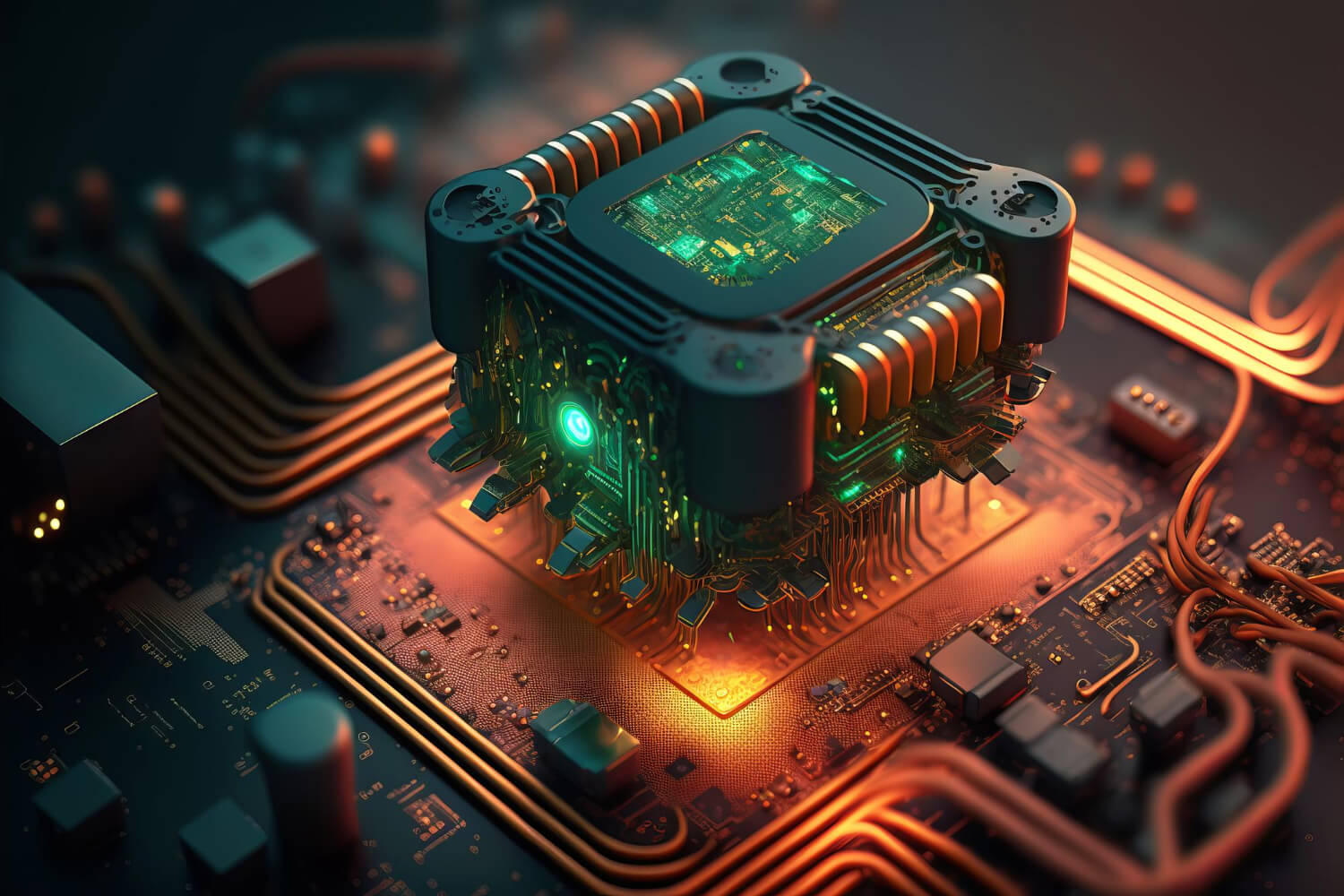VLSI or Very-large-scale integration, is the process of embedding multiple transistors on a Silicon Semiconductor Microchip. The technology began in the late 1970s when computer chips were also in the initial stages. The most popularly used VLSI devices are the Microprocessor and Microcontroller.
Before the VLSI innovation, most Integrated Circuits had a restricted arrangement of capabilities they could perform. So what is VLSI technology? and what makes it different from the rest of the integration systems? An electronic circuit could comprise a computer chip, ROM, and SRAM , amongst others. VLSI allows IC architects to add all these innovations to one chip.
The hardware business has accomplished unprecedented development in recent years, primarily due to the fast advances and enormous scope of innovations and framework program applications. With an exceptionally huge range in VLSI plans, the number of integrated circuits in controls, broadcast communications, illustration and video handling, and purchaser hardware has been increasing at an extremely high speed.
Benefits of VLSI technology
- Drastically reduces circuit size
- Improves cost benefits for devices
- Power consumption is lower than discrete components
- Promotes compatibility miniaturization
- Higher device reliability
As manufacturing technology improves yearly, transistors are packed into a single chip. Larger and more complex systems may be combined into a single chip; System-on-Chip poses ever-increasing challenges for VLSI engineers to learn their methodologies in all aspects of VLSI design. The Ethernet standard, for instance, has advanced from 10Mbps to 10Gbps. The 100 Gbps Ethernet benchmark is now on its way.
VLSI contains several characteristics, which include
- Pre- and post-synthesis.
- Simulation and timing closure.
- Multi-step semiconductor device fabrication wafer processing.
- IC packaging.
- Testing
ChipEdge provides career-advancing VLSI online course VLSI training programs and a VLSI course curriculum. The training programs include physical design course to the last level of certification. The VLSI training institute provides job-oriented VLSI and backend courses to assist our graduates in finding a position in the VLSI sector after graduation. Our students receive the most excellent possible assistance on VLSI instruction from the industry’s top professionals, who have over twelve years of expertise. Contact us to learn more about “what is VLSI technology”.














